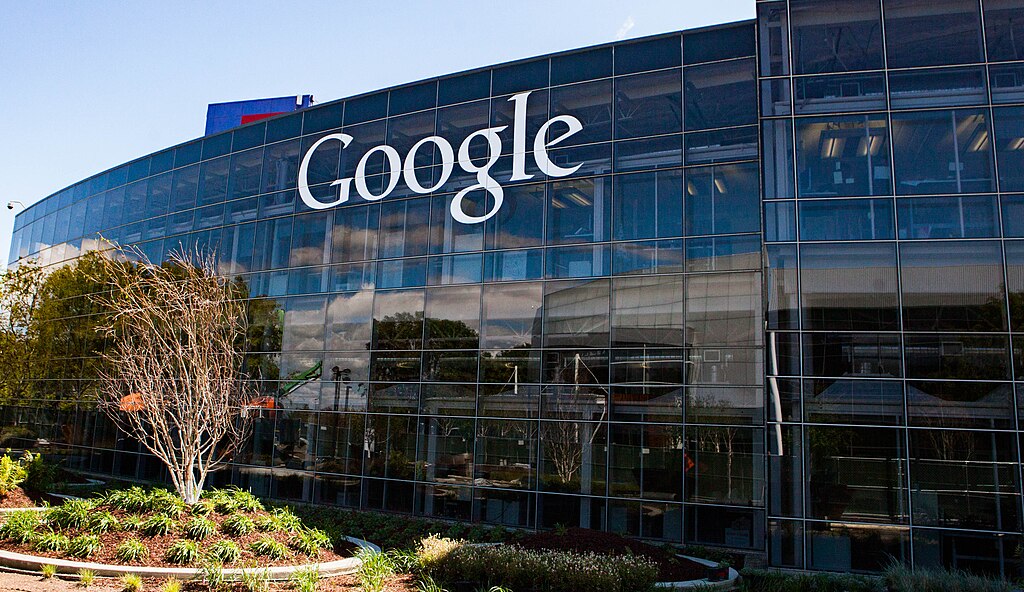A detailed year-long study conducted by German academics from Leipzig University, Bauhaus-Universität Weimar, and the Center for Scalable Data Analytics and Artificial Intelligence (ScaDS.AI) has focused on the declining quality of Google search results, an issue that is of growing concern. From October 2022 to September 2023, nearly 7,000 product review requests were the subject of this inquiry, which examined the search results every two weeks. The study’s conclusions draw attention to a critical problem facing the digital era: the growth of affiliate marketing and SEO spam, as well as how these practices affect search engines’ effectiveness.
The study draws a variety of conclusions. Although search engines, especially Google, are acknowledged to have taken steps to prevent SEO spam, these initiatives frequently have limited success. High-ranking pages exhibit lesser text quality and are typically more optimized and monetized through affiliate marketing, according to the researchers’ observations. This pattern indicates that it’s getting harder to tell the difference between spam and real information, which is made worse by the rise of artificial intelligence-generated content. Such content further blurs the distinction between legitimate and spam content because it is frequently of low quality and produced in large quantities for economic gain. This begs important issues about how search engines will continue to filter and show high-quality content in the future.
Similar Posts
The study also clarifies the game of cat and mouse that search engines and SEO spammers engage in. The prevalence of affiliate spam has been temporarily but noticeably affected by changes to Google’s algorithm. For example, the study found that certain affiliate pages had their ranking drop in the later phases; however, it is unclear if this is a sign of a longer-term trend. Even said, the study found that there’s still a lot of space for improvement because spam domains continue to exist and there is a general negative trend in the quality of content across search engines.
It’s significant to remember that the study ended prior to Google’s November 2023 review update. This absence raises the possibility that the study might not accurately reflect the situation of Google’s search results following this big overhaul.


















